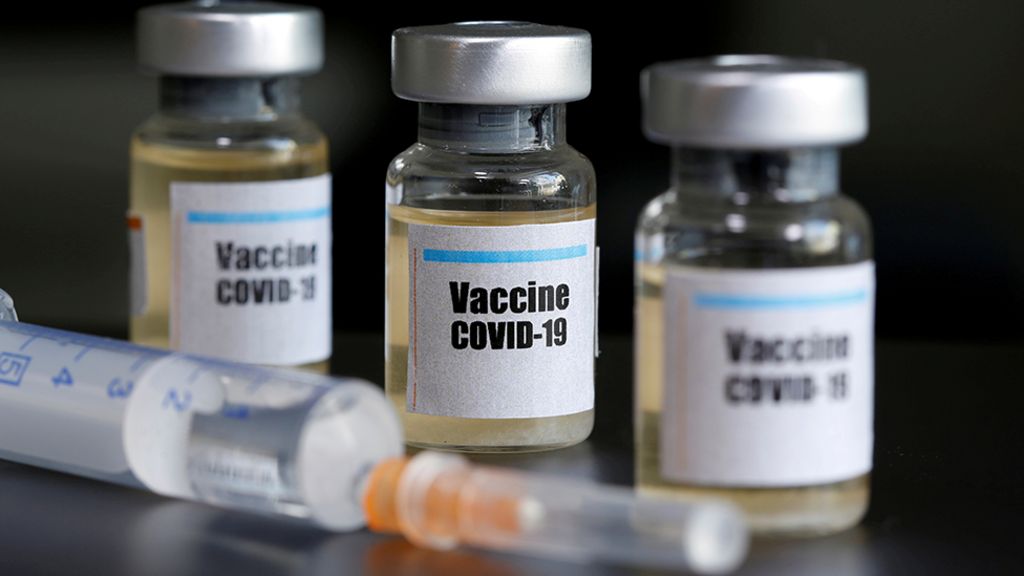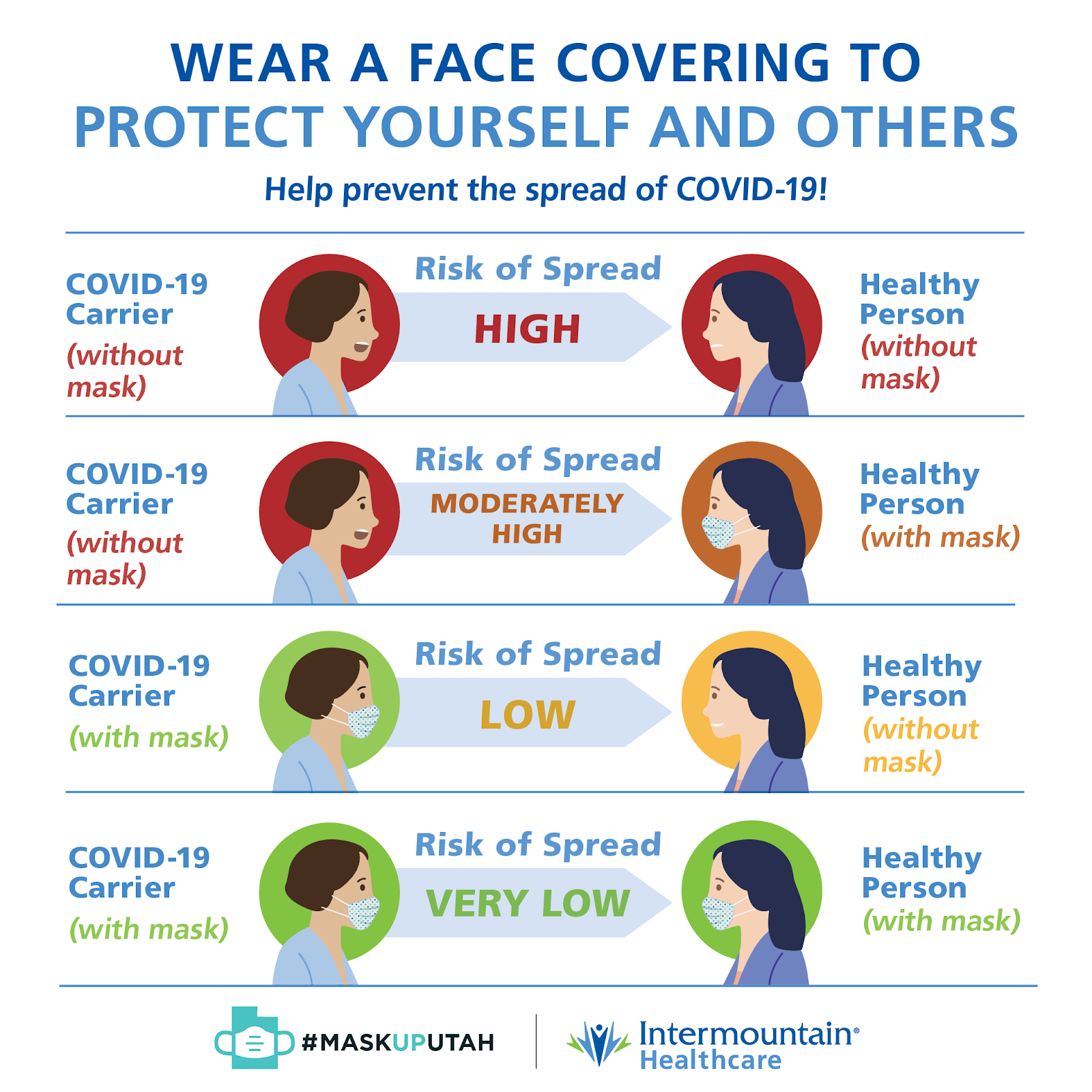
Allergies: what we know about COVID-19 vaccines & allergies
We need to sort through two questions related to Allergies as COVID-19 vaccines are rolled out all over the world:
- Why have there been some cases of allergies to the vaccines reported?
- What should I do about getting vaccinated if I have a known allergy to environmental/seasonal triggers, food, pets, medicines, vaccines and other substances?
First of all, we need to know that vaccines activate your immune system to target against a virus or bacteria. The way it causes this activation of the immune system depends on the type of vaccine and what it is targeting. According to the Children’s Hospital of Philadelphia (CHOP) website, vaccinations have been around in one form or another since the late-1700’s with the initial work on smallpox but modern technologies of vaccine started in the early- to mid- 1900’s with several childhood vaccines that we still get today. The number of available vaccines continue to grow over time and have saved countless lives over the last 100 years. Since your immune system is not exactly the same as others, how your body reacts to the vaccine is not exactly the same as others but, in general, vaccines give the population protection against diseases that have historically killed millions of people. Any type of allergy is based on the activation of our immune system against something that you have been exposed to. For example, my husband is allergic to shrimp and lobster specifically but not to crab. He also has recently developed an allergy to black caviar – a “high-class problem”! He developed these food allergies after the age of 40. Prior to that, he had allergies to aspirin and has some seasonal allergies as a child and young adult. I am sharing this not to give you my husband’s medical history for my husband but to show that allergies develop at all ages and can progress over time. I have previously shared my story about gluten allergy and how I developed psoriasis both of which are due to my immune system being inappropriately activated. Starting my companies has been based on the simple premise to help people with allergies and sensitivities to skincare and cosmetics. While we know a lot more today about allergies and how to treat them, it is still not well understood how to predict the development of most allergies. The best advice from healthcare professionals is that once you know you have an allergy to something specific, try your best to avoid it given that future reactions to it may be worse than in the past. In addition, some people, like my husband, carry an epinephrine/adrenaline auto-injector (known widely as an “EpiPen”) in case he inadvertently gets exposed and has a reaction.
So, what about vaccines and allergies?
Typically, prior to being administered any vaccine, there is a routine checklist of questions about previous allergies to any vaccines or more specific questions about allergies to specific components of the vaccine like egg or gelatin or other substances. Sometimes the individual is allergic to the actual active part of the vaccine itself so should avoid that specific vaccine in the future. For example, in rare occasions that happens with the annual “flu shot” against the influenza virus where some individuals have had a previous allergy to the vaccine. Most vaccines have a very rare incidence of an allergy and in almost all cases this reaction resolves. There are some extremely rare cases of persistent adverse effects of a vaccine but given how vaccines have protected individuals and the general population significantly, the benefit of the vaccine far outweighs the extremely rare risk associated with it. We now have over a 100 years of history with vaccines and generally understand the range of side effects of vaccines. Nonetheless, we continue to learn new things over time that give us a lot of confidence about vaccines while still keeping vigilant in case new findings arise.
The COVID-19 vaccines were developed in record time and have started becoming available to the general population outside of a clinical study. From the world becoming aware of this illness in January, 2020 to the full roll-out of vaccines in late-2020, we have used cutting-edge molecular and clinical technologies to develop many different vaccines against the novel coronavirus (later named “SARS-CoV-2”) and the disease COVID-19. The World Health Organization (WHO) website has a timeline of the COVID-19 events that you may be interested in exploring. While we have learned a lot, there is still more to learn as not all vaccines are the same and not all the people react the same to the vaccine.
One thing is clear from the clinical studies and the early experience with COVID-19 vaccine administration: the vaccines are considered safe and have been shown to be highly-effective against the virus. Yet, we have seen the news media reports of the rare allergies that a few people have experienced. While it is concerning that allergies can occur, as mentioned earlier, healthcare providers have been instructed to ask screening questions and be watchful for allergic side-effects when administering the vaccine. The United States Centers for Disease Control and Prevention (CDC) website has a number of resources on these topics for the general public and for healthcare providers.
It is recommended that all people consult their physician or healthcare provider when they have questions about the vaccine. While vaccine supplies are limited, we will have to wait for our turn to be eligible to receive any of the available versions of the vaccine. Some vaccines are a two injection series and some are a single injection. Some are new technologies and some are based on previously used technologies. Regardless, the active part of the vaccine against COVID-19 is new in all vaccines.
If you have any known severe allergies, you need to inform your healthcare provider. If you carry your own epinephrine auto-injector, consider bringing it with you but make sure it is not expired! There are screening questions prior to the vaccine which you should answer completely based on any known history of previous allergies. Almost all people will pass the screening question and be eligible for the vaccine. The CDC recommends that people with a history of anaphylaxis (severe allergic response) be observed for 30 minutes after the inoculation and all other people be observed for 15 minutes after the inoculation.
EpiLynx’s verdict:
After review of available information of the COVID-19 vaccine experience to date, it seems clear that getting vaccinated is highly recommended as it protects you and those around you. Always consult with your physician or healthcare provider if you have concerns about allergic reactions and how to be prepared to follow guidelines. Last but not least, we wish you the best in this process and thank you for being part of public health efforts to curb this disease and end the pandemic!


